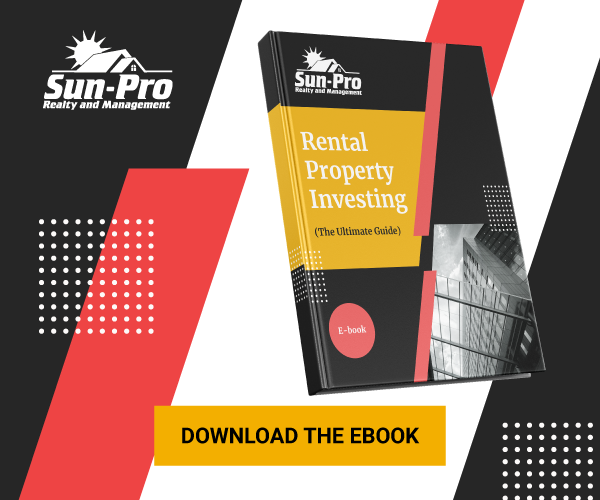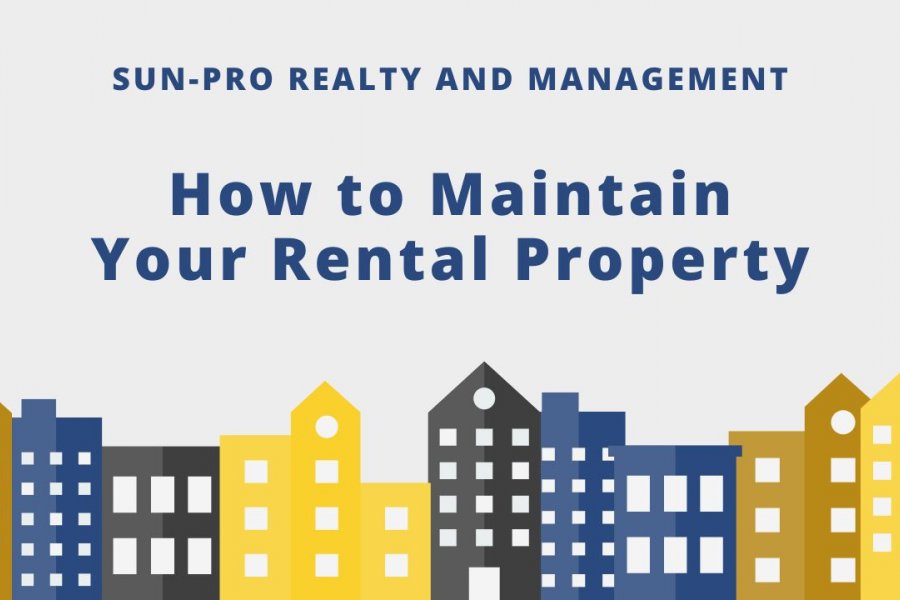
As a rental property owner, it’s essential to spend time, money, and energy to maintain its upkeep. After all, you want to keep your property in its best condition possible to prevent costly repairs. A property in good condition is also appealing to tenants—it can easily attract long-term renters, which can help keep your vacancy rate low.
While landlords are responsible for providing a habitable space, taking care of a rental unit is a shared responsibility of both tenants and landlords. Both parties are legally obligated to ensure that the rental unit remains in good condition.
As a landlord, it’s crucial to explain to your tenants their share of the obligation to maintain the condition of a property. Also, it’s best to include their responsibilities in the lease contract to prevent any issues later on.
What Are a Landlord’s Legal Property Maintenance Responsibilities?
Under the state’s landlord-tenant law, it’s the landlord’s responsibility to provide a habitable living space for the tenants. Generally, landlords are required to perform the following legal responsibilities:
1. Provide Trash Receptacles
Residents have the right to dispose of their garbage safely. To do this, landlords should provide them with appropriate trash receptacles where they can put their garbage prior to collection. The size and number of garbage bins should be able to accommodate the number of tenants residing in the rental unit and should take into account the frequency of the garbage collection.
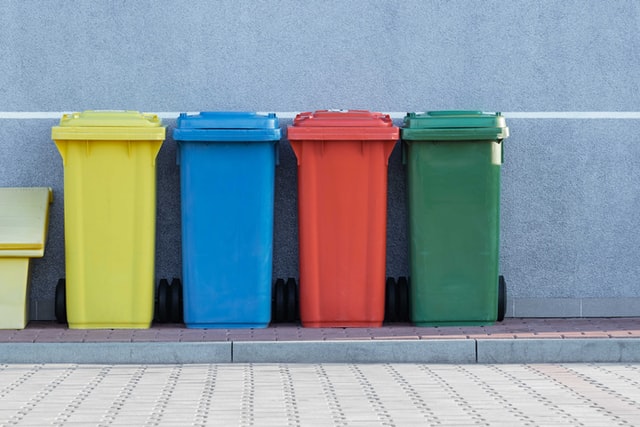
Some local ordinances require property owners to put some sort of enclosure around the garbage bins to prevent pests from getting in. Make sure to check your local laws to know if this is applicable to your area.
2. Provide Clean, Running Water
Tenants have the right to access clean, running water within the rental property, and it’s the landlord’s responsibility to ensure that the rental home has a sufficient supply of running water.
Moreover, landlords should provide a functioning sink, shower, and toilet to the tenants. A water heater is also mandated in most states so that tenants can access hot water when they need it.
3. Abide by the Building Codes
Depending on the state or city, there are certain building rules and regulations that a landlord needs to follow. For example, there are building codes that limit the number of people residing in a rental unit, and landlords are expected to ensure that this is being followed.
Landlords also need to comply with the rules pertaining to the proper locations for smoke and carbon monoxide detectors and ensure the structural integrity of the rental property. Plus, there are health-related rules and regulations that landlords need to be aware of. These include rules on lead paint, mold, asbestos issues, and pest infestations.
4. Perform the Needed Repairs Promptly
Wear and tear in a rental unit is inevitable. To keep the rental home in a habitable condition, landlords are required to perform all necessary repairs within a reasonable timeframe. Doing routine inspections can help the landlord identify possible issues that need immediate attention. This allows you to address any issue while they are still not too costly to repair.
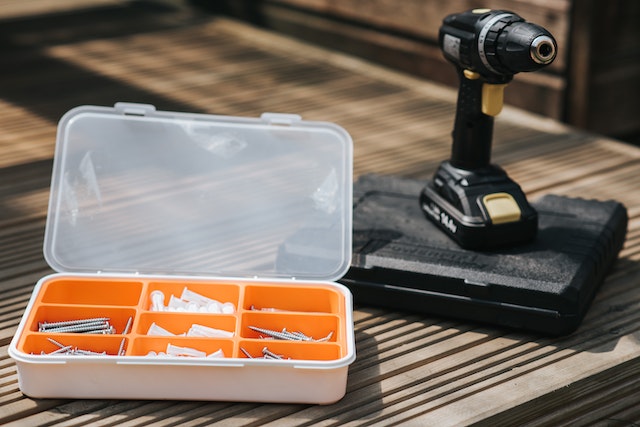
However, in some cases where repair issues are not found during the inspection, tenants may report these issues to the landlord. Landlords are required to address tenants’ repair requests promptly to ensure that the space remains habitable.
5. Ensure All Essential Services are Working
It’s the landlord’s legal responsibility to provide all essential amenities to the tenants, including plumbing, electricity, gas, heating systems, and agreed-upon appliances. Landlords should make sure that these resources are functioning properly.
If it’s agreed by both parties that the tenants are responsible for paying their own utilities, tenants should make sure to keep their payments updated to keep the services working.
What Are Tenants’ Legal Property Maintenance Obligations?
Tenants are also legally required to help maintain the upkeep of a rental property. Among the tenants’ standard responsibilities are the following:
1. Keep the Rental Unit Clean
Tenants should dispose of their garbage properly using the trash receptacles provided by the landlords. They should not let the garbage pile up inside the rental unit to aid in the prevention of unpleasant odors and germs from building up.
2. Keep the Rental Unit Safe
It’s the tenants’ responsibility to ensure that all emergency exits are accessible in case they need to use them. This means making sure that pathways to the exits and the exits themselves are not blocked by furniture or other objects.
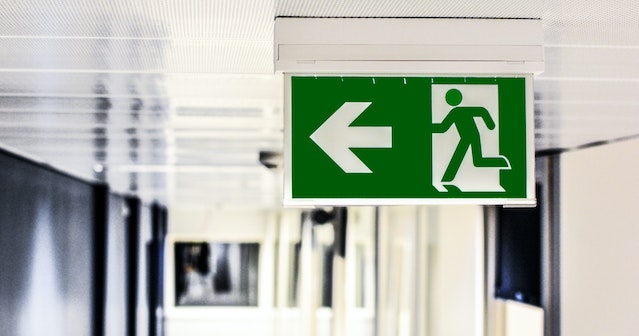
Also, they should not tamper with the smoke or carbon monoxide detectors and ensure that the batteries of these detectors are working.
3. Comply with the Building Codes
Like landlords, tenants are also expected to follow the rules and regulations regarding the maximum limit of residents in the rental unit. They should not have additional persons, guests, vehicles, or pets if they are not approved by the landlord.
4. Respect the Property
Tenants are expected to use the rental property, including all the supplied furniture and appliances, with care. Any deliberate damage to the premises, as well as damage due to negligence, should be charged to the tenant.
5. Report Needed Repairs or Mold Growth Issues
If tenants notice any issues in the property, including mold growth or damages, they are required to report them to the landlord as soon as possible. This is crucial because landlords need to address the issues immediately to help prevent further damage.
Other Ways to Maintain the Rental Property
There are several methods you can employ to protect your property including:
- Implementing seasonal maintenance
- Addressing the property’s curb appeal by cutting the grass, raking the leaves, and cleaning the gutters
- Keeping the common areas clean
- Performing regular inspections of both the property’s interior and exterior
Bottom Line
If you properly maintain your rentals you can protect your tenants and your investment. If you need help with property maintenance or management, contact the experts at Sun-Pro Realty & Management today. We can help with anything from property marketing and rent collection to tenant screening and record keeping.
